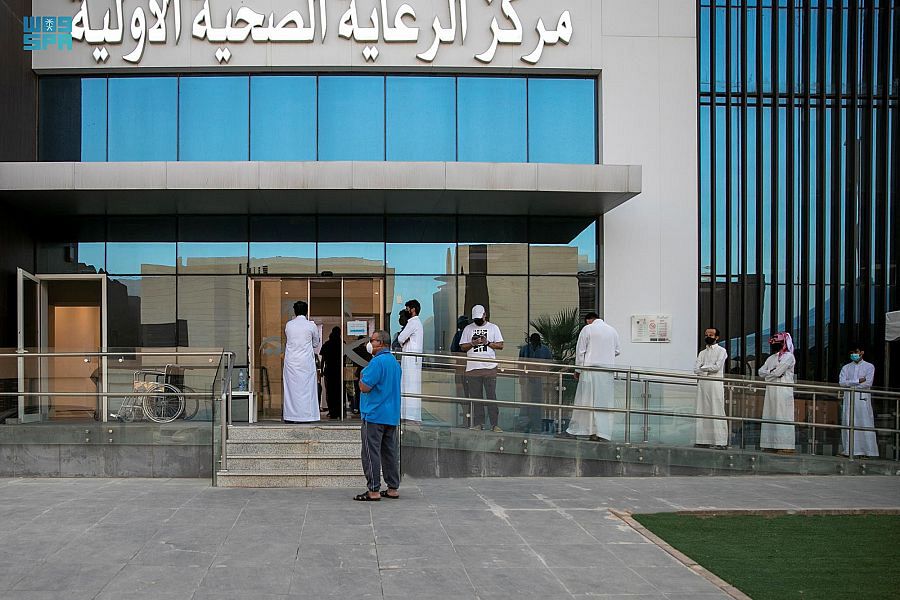
In the last week, several members of US Vice President Mike Pence’s staff reportedly tested positive for the coronavirus disease (COVID-19). Around the world, a number of senior leaders, as well as legislators and aides, have contracted the virus, with consequences for governance.
Several presidents, prime ministers and other heads of state have had COVID-19 in the last few months, beginning with Prince Albert II of Monaco in March. UK Prime Minister Boris Johnson also contracted the virus in March. Since then, other top national officials who have had the virus include Russian Prime Minister Mikhail Mishustin, Honduran President Juan Orlando Hernandez, Armenian Prime Minister Nikol Pashinyan, Brazilian President Jair Bolsonaro, Bolivian President Jeanine Anez, Guatemalan President Alejandro Giammattei, and US President Donald Trump. All appear to have recovered.
Some other top global diplomats and figures also have contracted COVID-19. Saeb Erekat, a long-time senior Palestinian official and diplomat, is on life support in an Israeli hospital. In another example, Filippo Grandi, the UN High Commissioner for Refugees, tested positive this month.
Many more legislators, ministers, governors, mayors and senior aides around the world have had the virus, including a number who have died. Some countries — including India, Iran, Nigeria and Pakistan — have had multiple cases among senior officials. In the US Senate, according to National Public Radio, five senators have tested positive or been presumed positive, while more have had to quarantine after potential exposure. In the US House of Representatives, 18 congressmen or women have tested or been presumed positive. Pence, who leads the US COVID-19 response, has so far tested negative, but his chief of staff recently tested positive, while media reports say additional staff also have the virus.
When senior leaders or a range of top political officials are sick with COVID-19, it has several impacts. Perhaps the most significant is that these situations can slow policymaking and implementation, which is particularly problematic when governments are struggling to cope with a pandemic and a related economic crisis. For example, in the spring, the US Congress went on recess for several weeks to prevent the virus spreading, complicating policymaking at a critical time. More recently, the Senate went on recess for two weeks after three senators tested positive for COVID-19 following a White House event in late September.
The pandemic has also occasionally created confusion about leadership. When Johnson was hospitalized and very ill in April, his foreign minister was deputized with the prime minister’s responsibilities. While governing proceeded despite Johnson’s illness, there was some uncertainty over exactly who was responsible for key leadership roles.
Another way to look at how the spread of the virus among political leaders affects governance is to consider how the experience of illness shapes a leader’s perspective on the pandemic. In the UK, Johnson was reluctant to take significant mitigation measures early in the pandemic. His own harrowing experience with the virus, however, changed his attitude. He emerged from his hospitalization expressing deep gratitude to the National Health Service and encouraging social distancing, and his government took a more serious approach toward containing the pandemic. His policies since then have shifted, easing restrictions in the summer and now implementing new measures as Europe experiences an increase in cases. In some ways, Johnson’s experience reflects a core dilemma: How to balance taking the virus seriously against the economic damage that mitigation measures can exacerbate. While he attempts to deal with that difficult balancing act, his personal illness at least played a role in leading him to view the pandemic as a real threat.
UK PM Johnson’s illness played a role in leading him to view the pandemic as a real threat.
Kerry Boyd Anderson
On the other hand, there are leaders who were inclined to downplay the pandemic before contracting the virus themselves, and who had relatively mild cases. In these situations, the relatively easy personal battle with COVID-19 reinforced the previously-held view that many people are exaggerating the importance of the pandemic. Bolsonaro is the clearest example. Before becoming ill in July, he had aggressively criticized those who took the virus seriously. He famously called it “a little flu.” He then had a relatively mild case, which reinforced his perspective that the virus is not a big deal.
Trump is another, slightly more complex, example. He was briefly hospitalized with COVID-19, but his illness lasted only a few days, partly thanks to the extremely high level of medical care that the US president receives. He emerged from his illness saying he “learned a lot about COVID.” He has continued to focus on the importance of reopening the economy and returning to normal daily life. “Don’t let it dominate you. Don’t be afraid of it,” he urged Americans. His relatively quick recovery reinforced his view that the pandemic is not a huge threat.
As the pandemic continues, more world leaders could become ill. Leaders who view the virus as a major threat are likely to maintain that view after a personal experience, regardless of whether they suffered much or not. Leaders who downplay the pandemic are also likely to continue that view if their cases are mild, but a severe scare with COVID-19 could lead some politicians to reconsider how they balance pandemic mitigation with economic concerns.
Kerry Boyd Anderson is a writer and political risk consultant with more than 16 years’ experience as a professional analyst of international security issues and Middle East political and business risk. Her previous positions include deputy director for advisory with Oxford Analytica and managing editor of Arms Control Today. Twitter: @KBAresearch
Disclaimer: Views expressed by writers in this section are their own and do not necessarily reflect Arab News" point-of-view












